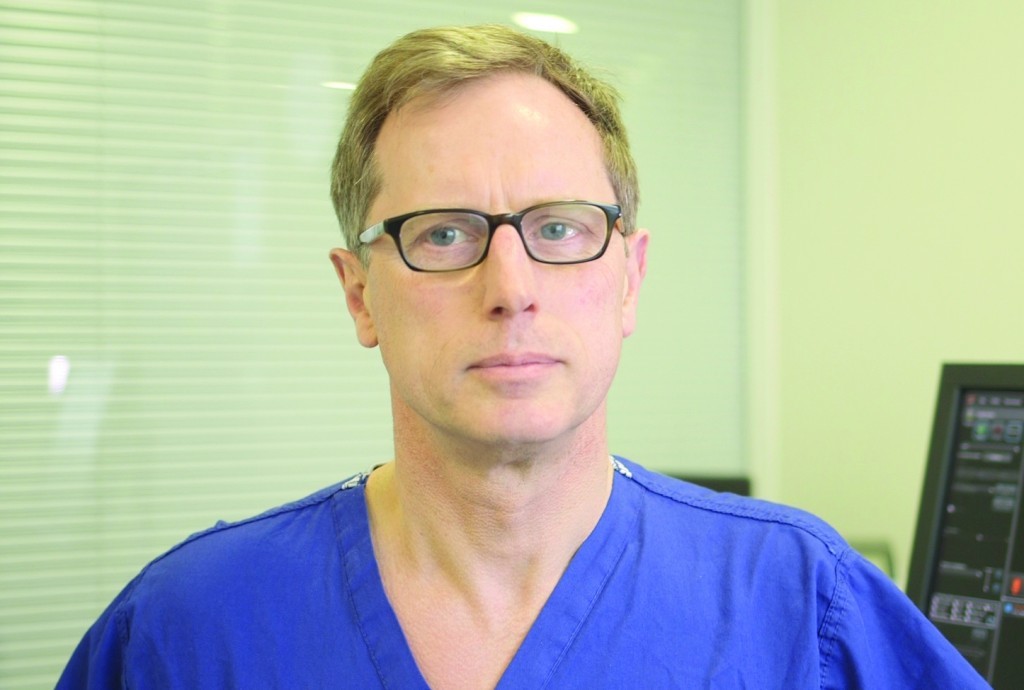
A neurosurgeon is set to meet oil and gas experts in a bid to combat terminal brain tumours in children.
Professor Steven Gill will speak with experts from BP North Sea, Westerton UK, Precision Oil Tools, Axis Well Technology and Well-SENSE Technology tomorrow see if he can refine his methods.
Prof Gill said practices deployed in the offshore sector could provide a step change for his convection-enhanced delivery (CED) system.
The Bristol-based neurosurgeon’s CED method infuses drugs directly into the brain through a series of micro-catheters linked by a port attached to a patient’s skull, circumventing the brain-blood barrier, which stops anything getting through the brain doesn’t recognise, including man-made drugs.
Prof Gill said: “I had a chance conversation with a few oil and gas engineers while I was attending one of the charity’s fundraising nights held at Thainstone House Hotel last year.
“It became apparent during the conversation that there were similarities between the technologies being used for the extraction of oil and gas and the system I’ve developed to infuse drugs directly to a patient’s brain.
“Their methods are more advanced than mine and are on a completely different scale, but the principles are the same and I’m hoping our discussions can be extremely helpful for any future treatment advances and development of the CED system.
“We’re currently seeing extremely positive results in tackling neurological conditions such as Parkinson’s disease, and particularly in the treatment of deadly DIPG brain tumours present in children.
“With any new form of treatment comes a wide variety is issues, many of which have already been encountered and overcome by the very engineers who have kindly agreed to meet with me this week. I look forward to sitting down with them.”
The meeting of minds comes on the eve of a clinical trial of 18 children with incurable brain tumours, which will be overseen by Prof Gill.
John Scrimgeour, executive director of the Aberdeen Institute of Energy at the University of Aberdeen, is set to attend the meeting.
He added: “As a petroleum engineer I never thought I would be asked to be involved in medical research, but since arriving at the University I have learned that there are many exciting things that we can learn from medical and other disciplines.
“As an example of this, our academics are looking at how techniques used in medical laboratories can be harnessed for enhanced oil recovery.
“Professor Gill’s work in finding treatments for serious neurological conditions is highly innovative, and I’m very much looking forward to meeting with him and exploring how we can contribute to his research.”